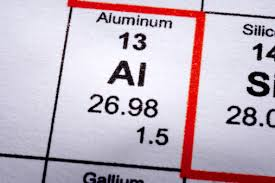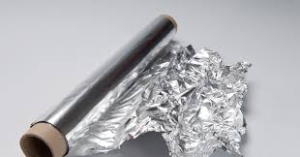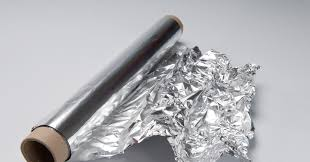If you’ve ever asked yourself what are the most common metals on the planet, you’ve probably concluded that iron, copper, and zinc might be among the most abundant metals on Earth. The rest, however, are not so readily available. But, if you’re curious, here are a few more of them. Aluminium is actually the most abundant metal on Earth, and it actually makes up almost 10% of the crust! Aluminium is never found in its raw state, as most of it is in a compound form. Common compounds of aluminium include aluminium oxide and potassium aluminium sulphate. It is formed by processing bauxite rocks.

Iron makes up about 5% of the Earth’s crust, and it is the sixth most common element in the universe. Unalloyed iron reacts with oxygen to form iron oxide, but it is usually alloyed with other elements to create steel. Iron is also used in cookware and wood stoves, thanks to its high melting point and porous nature. Iron also has a high melting point, making it a great metal for heat-resistant stoves. When you need Electroless Nickel Coating, go to Poeton
Aluminium makes up about 8% of the Earth’s crust, but it is never pure. In the Earth’s crust, aluminium is a mixture of aluminium hydroxides called alum. It is soft and malleable, and its silvery-grey colour is incredibly versatile. Despite its low density, it is corrosion resistant and non-magnetic. Unlike iron, aluminium can dissolve in water under the right conditions, and can even be taken as a long-lasting antacid.
The abundance of elements varies greatly. In the universe, hydrogen, helium, and oxygen are present in relatively large quantities. In the crust, however, silicon is the second most common element, making up nearly a quarter of the crust. However, despite its low abundance, it still accounts for 28% of the earth’s mass. So, which metal is the most abundant on Earth? Still aluminium!

While aluminium is a valuable metal, it is also one of the most plentiful and widely used. Aluminium alloys are commonly used in appliances and kitchen foil, but aluminium itself is the most common metal. Nickel and copper are also vital metals for clean energy transition. Copper and nickel, which are essential for making electric cars and building bridges, are also used in automobiles and other energy-producing devices. There are many other metals that are useful in our everyday lives, but steel remains the most valuable and popular among them.

